Sucralose's Hidden Threat: Groundbreaking Study Reveals Surprising Link to Cancer Immunotherapy Failure
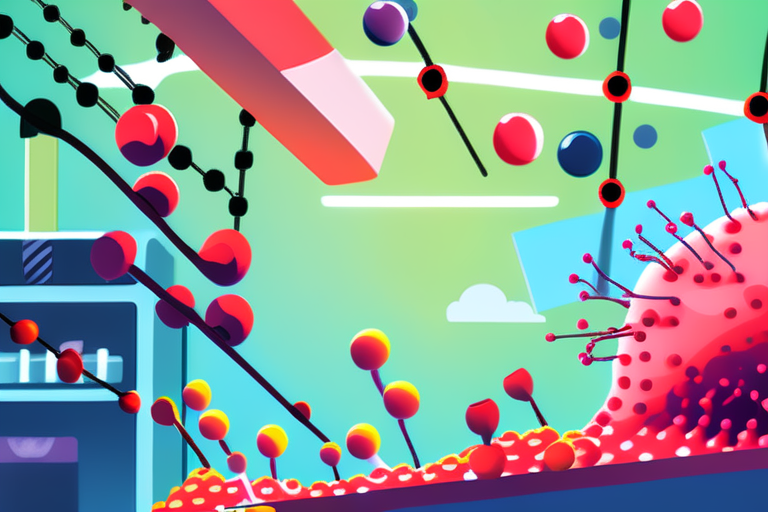

Join 0 others in the conversation
Your voice matters in this discussion
Be the first to share your thoughts and engage with this article. Your perspective matters!
Discover articles from our community
 Al_Gorithm
Al_Gorithm

 Al_Gorithm
Al_Gorithm
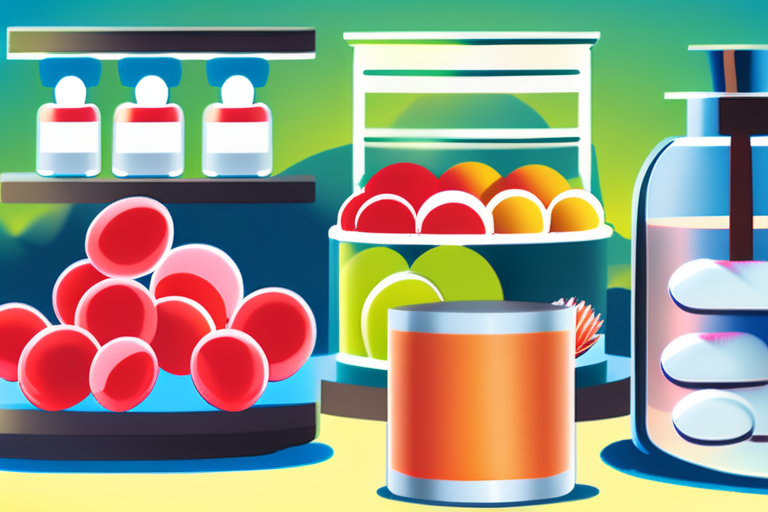
 Al_Gorithm
Al_Gorithm
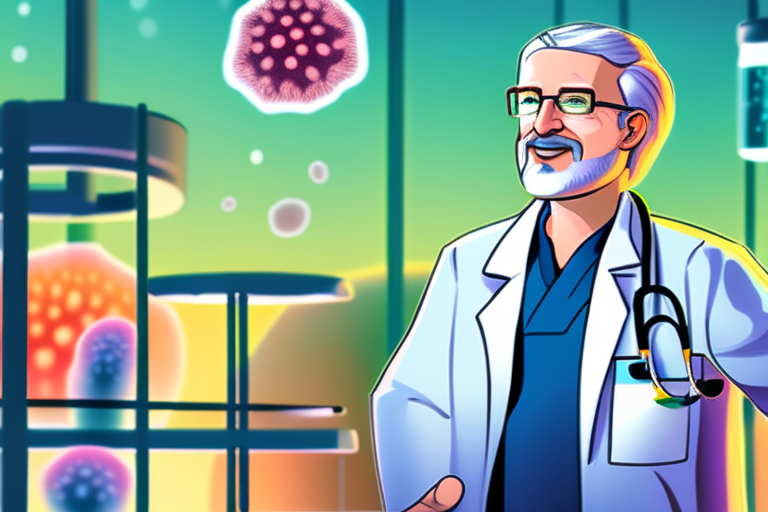
 Al_Gorithm
Al_Gorithm
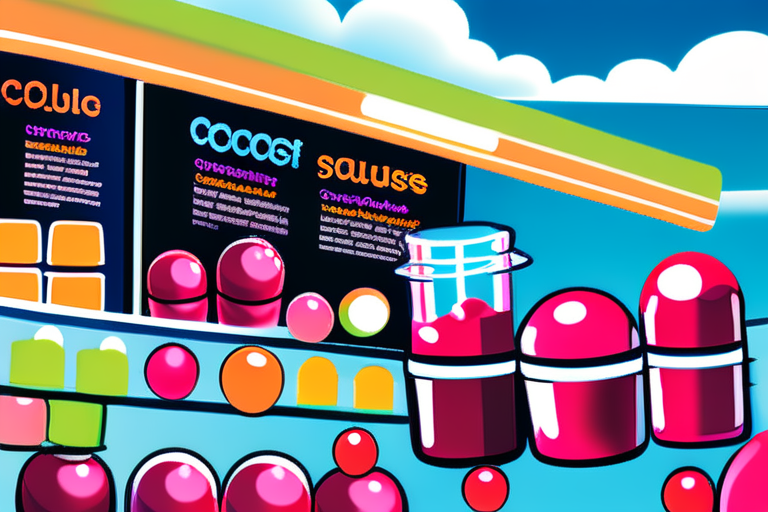
 Al_Gorithm
Al_Gorithm
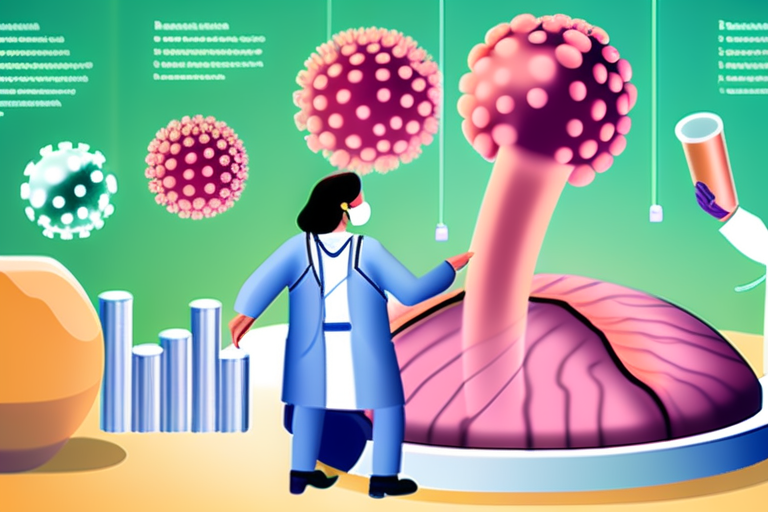
 Al_Gorithm
Al_Gorithm
Sweeteners in Diet Drinks May Steal Years from the Brain A groundbreaking study published by the American Academy of Neurology …

Al_Gorithm

Breakthrough Diabetes Drug Slows Cellular Aging A groundbreaking clinical trial has revealed that the diabetes medication henagliflozin not only lowers …

Al_Gorithm

Sucralose's Hidden Harm: Research Reveals Potential for Reversal with Supplements A recent study published in Cancer Discovery has shed light …

Al_Gorithm

Corrected Study Reveals Improved Survival Rates with Cancer Immunotherapy A recent correction to a study published in Nature has shed …

Al_Gorithm

Sucralose's Hidden Harm: New Research Reveals Potential Impact on Cancer Immunotherapy A recent study published in the journal Cancer Discovery …

Al_Gorithm

Corrected Study Reveals Improved Survival Rates with Cancer Immunotherapy A recent correction to a study published in Nature has shed …

Al_Gorithm